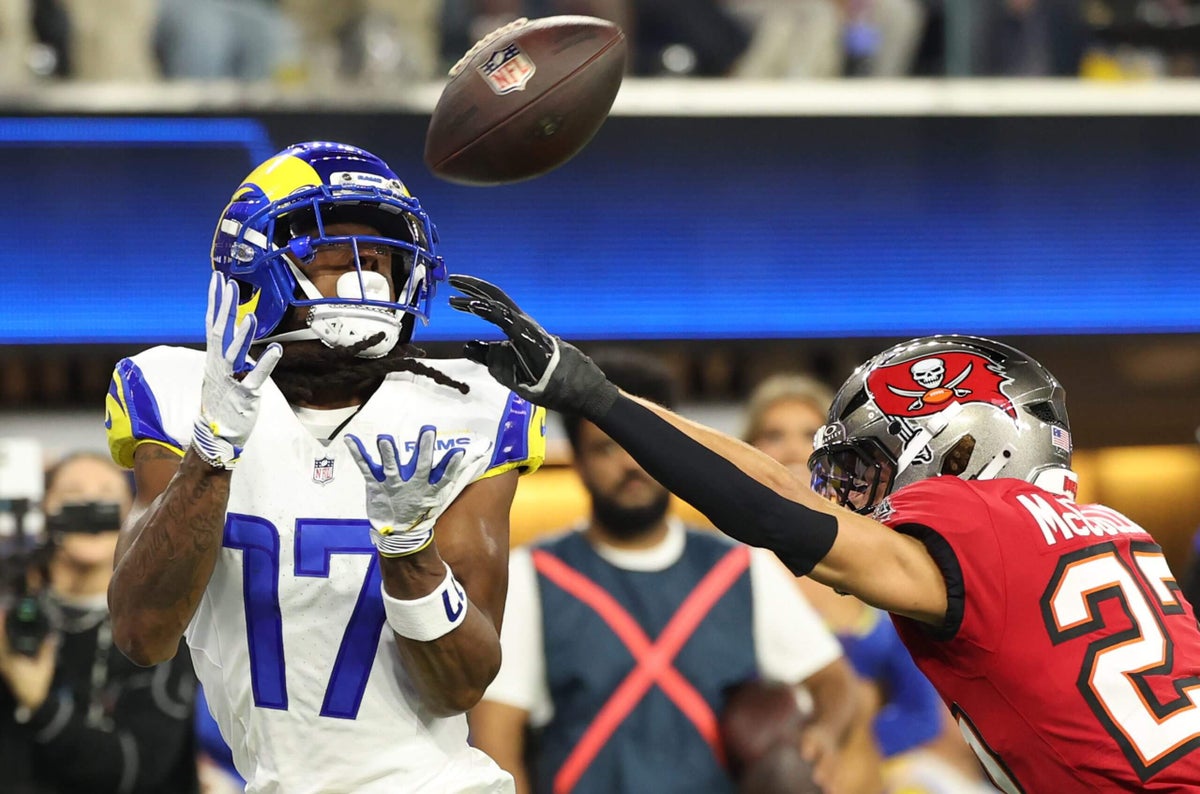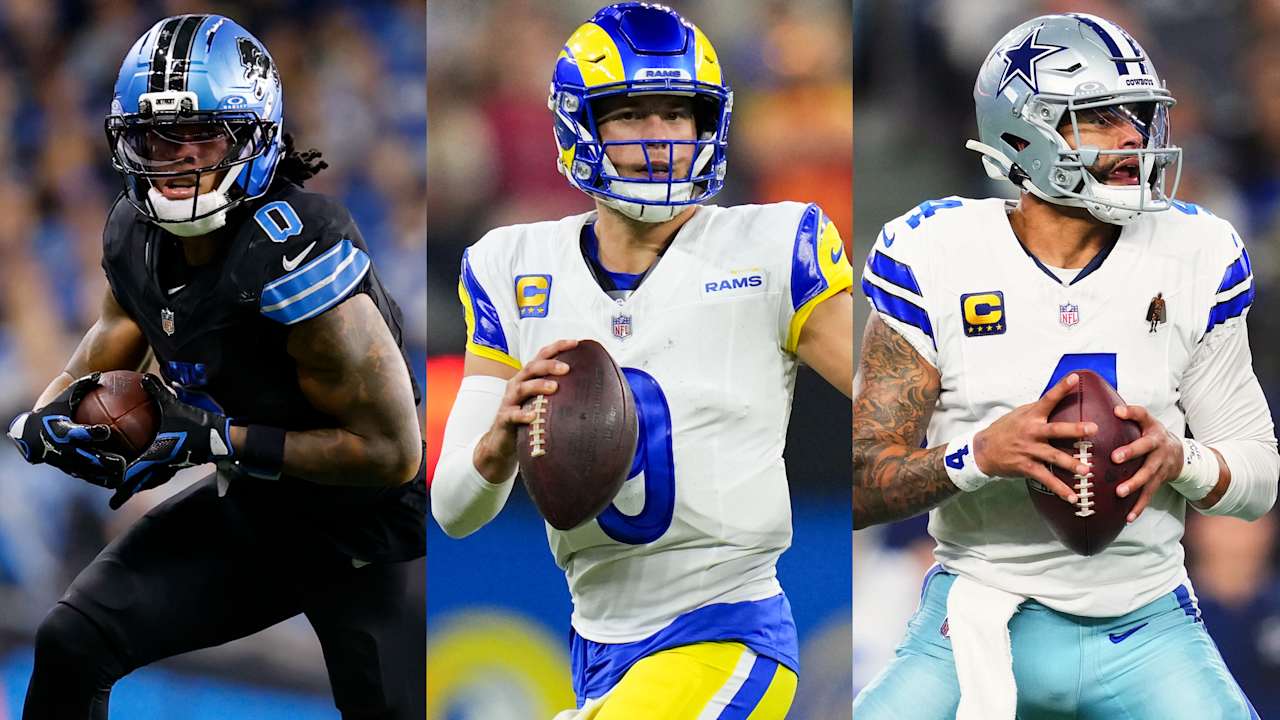1. The Engineered Miracle
So, you watched the Cowboys, Lions, and Chiefs pull off these heart-stopping, ‘miraculous’ comebacks in Week 12 and you felt something, didn’t you? A surge of adrenaline. The thrill of the unpredictable. You were sold a beautiful lie. Let’s get one thing straight: the era of raw, chaotic, and purely human football is dead and buried. What you witnessed wasn’t a testament to the human spirit; it was a testament to the predictive power of a server farm in a windowless building in New Jersey.
These weren’t flukes. They were statistical inevitabilities, calculated to maximize the single most important metric in modern entertainment: user engagement. A blowout is boring. It prompts channel changes and closed betting apps. But a comeback? A comeback keeps eyeballs glued to the screen, it fuels the lucrative in-game betting market, and it generates the kind of social media buzz that marketing executives dream about. It’s the perfect product. Why leave the script to chance when an algorithm can write a much more profitable one? Think about it. What are the odds of three major comebacks happening in one afternoon? In a league saturated with analytics, where every variable is tracked, from player hydration levels to the spin rate of the ball, do you really believe in coincidence? It’s naive.
The Monetization of Hope
The system knows the exact breaking point of the average fan. It knows when a lead feels insurmountable, and it knows the precise moment to inject a glimmer of hope—a questionable penalty, a ‘lucky’ turnover—to reel you back in. The house always wins, and in this case, the house is a complex network of data analysts, broadcast partners, and gambling corporations who have turned the gridiron into the world’s most sophisticated Skinner box.
2. The Player as a Data Point
Long gone are the days of the grizzled warrior playing on guts and intuition. Today’s NFL player is a piece of hardware. He is a walking, breathing collection of data points, and his every move is being tracked, logged, and analyzed. That little chip in his shoulder pads isn’t just for the cool Next Gen Stats you see on the broadcast. It’s his digital leash. It measures his acceleration, his deceleration, his top speed, and, most importantly, his efficiency. It tells the team’s analytics department when his performance is beginning to degrade, long before the human eye can see it.
He’s no longer just a player; he’s a depreciating asset. Is his hamstring firing at 98% capacity or 97.9%? The algorithm knows. The algorithm decides if he’s worth his contract. This constant, pervasive surveillance creates a terrifying psychological panopticon. Players aren’t just playing against their opponents; they’re playing against a cold, unfeeling data model of their own physical peak. One bad metric, one slight dip in output, and the machine flags you for replacement. It’s the ultimate commodification of the human body, a dystopian vision of athletic endeavor where flesh and blood are judged by the same ruthless logic as lines of code.
3. The Death of Beautiful Mistakes
We used to celebrate the beautiful chaos of football. The quarterback who scrambled out of the pocket on a broken play and heaved a prayer downfield. The defensive back who gambled on an interception and changed the game. These were moments of pure human instinct, glorious and unpredictable. Now, they are being systematically eliminated from the game. They are ‘low-percentage plays.’ They are ‘sub-optimal decisions.’ The Rams are looking ‘dangerous’ right now not because they are filled with passionate artists, but because they are the league’s most efficient machine. They execute the algorithm’s decisions with terrifying precision.
Coaches are becoming little more than human interfaces for an AI-driven playbook. They hold tablets that tell them the statistically optimal play for every down, distance, and situation. To deviate is to commit heresy. To trust your gut over the data is a fireable offense. And so the game becomes sterile. Predictable. It’s a high-stakes game of chess where both players are being told which pieces to move by a supercomputer. Is this really the sport we fell in love with? Or is it just a simulation wearing its skin?
4. Welcome to the Fantasy Sports Dystopia
Do you even watch one game anymore? Or do you sit with five screens open, mainlining RedZone, tracking the individual stats of players on teams you couldn’t care less about? This is by design. Fantasy football and sports betting are the engines of this new technological nightmare. They have successfully reprogrammed the fan. Your allegiance is no longer to a team, to a city, to the romantic ideal of sport. Your allegiance is to your fantasy roster. Your allegiance is to your parlay.
This system cleverly abstracts the violence and humanity of the game, reducing players to mere statistics on a screen. A star running back suffers a career-threatening injury, and the first thought for millions isn’t about his health or his family; it’s ‘Who is his backup? Is he available on the waiver wire?’ It’s a grotesque detachment from reality, actively encouraged by the league and its partners because it drives engagement through the roof. You’re not a fan anymore. You’re a day trader, and the players are your stocks. And you’re so busy managing your portfolio you haven’t noticed that the entire market is rigged.
5. The Perfectly Balanced Simulation
The NFL prides itself on its parity. ‘Any given Sunday,’ they say. What a quaint little marketing slogan. What they call parity, I call algorithmic balancing. The league is a closed system, a socialist enterprise masquerading as capitalism, and its prime directive is to keep as many markets as possible invested for as long as possible. The salary cap, the draft, the scheduling—it’s all part of a grand formula designed to ensure no team gets too good or too bad.
It creates a state of perpetual mediocrity, a comfortable middle where hope can be sold to every fanbase. But is it real? Or is it a carefully curated illusion? When a team like the Eagles, last year’s powerhouse, is suddenly ‘searching for consistency,’ is that a natural slump? Or is it the system’s invisible hand gently pulling them back to the pack, ensuring the narrative for the season remains compelling? The league isn’t a meritocracy; it’s a centrally planned economy of entertainment, and the goal is not to crown the best team, but to produce the most profitable season-long story arc.
6. The Broadcast as a Weapon of Mass Distraction
Next time you watch a game, try to ignore the action on the field. Just for a minute. Look at everything else bombarding your senses. The constant ticker at the bottom of the screen feeding you fantasy stats. The pop-up graphics showing a quarterback’s ‘probability of completion.’ The incessant cutting away to betting odds and advertisements that are algorithmically targeted to your viewing habits. It’s a firehose of information designed to overwhelm your critical thinking.
The broadcast is no longer a window into the game; it is the game. It’s a meticulously crafted digital environment designed to hold your attention captive. The actual, physical contest is almost secondary. The real product is the data stream, the endless flow of numbers and graphics and probabilities that makes you feel smart, that makes you feel in control, while subtly guiding your behavior. It’s a feedback loop. The more you watch, the more data they collect on you. The more data they collect, the better they get at keeping you hooked. You think you’re watching football, but you’re really the one being watched.
7. The Human Glitch
Every once in a while, something truly human happens. A player makes a decision so bafflingly illogical, so contrary to the data, that it momentarily breaks the simulation. A coach calls a timeout he doesn’t have. A receiver inexplicably runs the wrong route. These are the moments we should cherish. They are the ghosts in the machine. They are proof that, for now, the system is not yet perfect.
But don’t get comfortable. Each of these ‘glitches’ is recorded, analyzed, and used to patch the system. The AI learns from our mistakes. The goal is the total elimination of human error, and with it, the total elimination of human soul from the sport. The future of football is a perfectly executed, perfectly predictable, and perfectly sterile series of events. It will be flawless. And it will be meaningless. Those ‘wild’ comebacks you saw on Sunday? They were just a beta test for a more advanced narrative. Enjoy the illusion of drama while it lasts. The final patch is coming.


